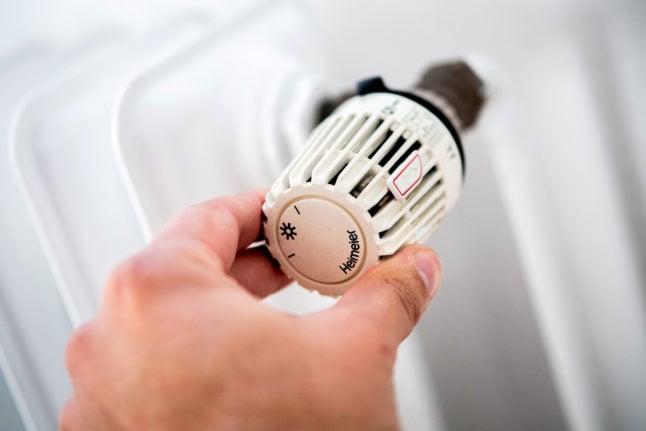Mobile phone charges
This one could have the most immediate and consistent impact on consumers. An EU Commission project to eradicate roaming charges in Europe for mobile phone users by 2014 begins on Monday.
That means anyone travelling home to the UK or Ireland, or visiting France, or indeed moving about throughout the EU, can expect drastic cuts in the cost of communicating with your mobile phone.
Downloading data or browsing the internet on your smartphone now costs a maximum of 45 cents per megabyte, a 36-percent drop from last year.
Making calls between EU countries will now set you back 24 cents per minute, a 17-percent decrease from 2012, while receiving calls costs seven cents per minute – 12.5-percent cut.
The cost of sending an SMS, or text message, drops 11 percent from last year to eight cents, though none of these pricing changes take into account VAT.
Unemployment insurance
For those starting a CDD (contrat à durée determinée) or temporary contract, on or after Monday, employers will pay more towards their unemployment insurance.
The employer’s contribution will increase from four percent to seven percent for jobs lasting less than one month, to 5.5 percent for jobs lasting more than three months, and to 4.5 percent for ‘CDD d’usage’, which apply to specific jobs in, for example, the creative and audiovisual sectors.
Unemployment benefits
As the ranks of the unemployed in France swell to 3.26 million, Monday brings some much-needed good news.
Unemployment allowance for around 1.5 million of those receiving benefits will increase by between seven and 17 cents per day.
The increase, which will affect two thirds of those currently receiving jobless benefits, means payments will go from the equivalent of €28.21 per day to €28.38, for those on the lowest allowance.
Cost of tobacco
As The Local reported in June, the cost of a pack of cigarettes in France will rise on Monday by 20 cents, with a packet of rolling tobacco now 40 cents more expensive.
Health Minister Marisol Touraine has forecast a further 20-cent hike in October, meaning that most packets of cigarettes will break the seven-euro barrier by this autumn.
Wider access to universal health care
The income ceiling for access to France’s CMU (couverture maladie universelle), or universal health care system, will increase significantly starting from Monday, by 8.3 percent.



 Please whitelist us to continue reading.
Please whitelist us to continue reading.
Member comments